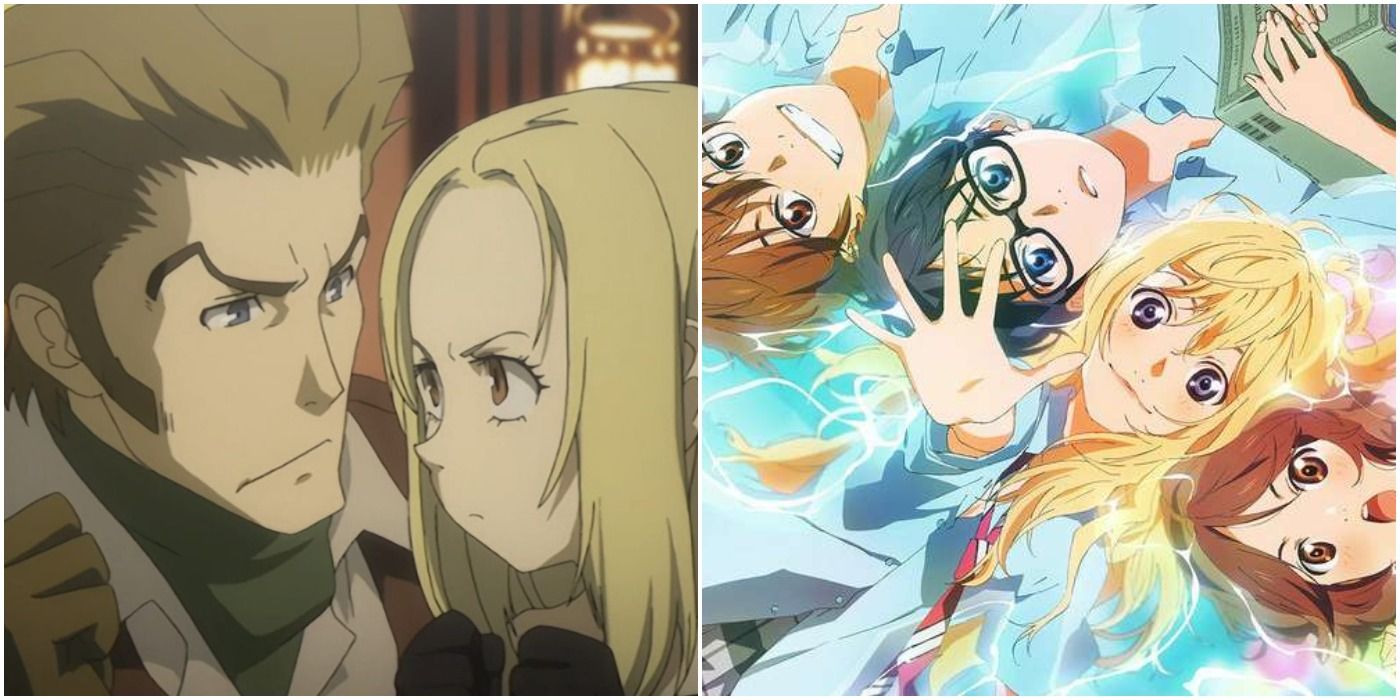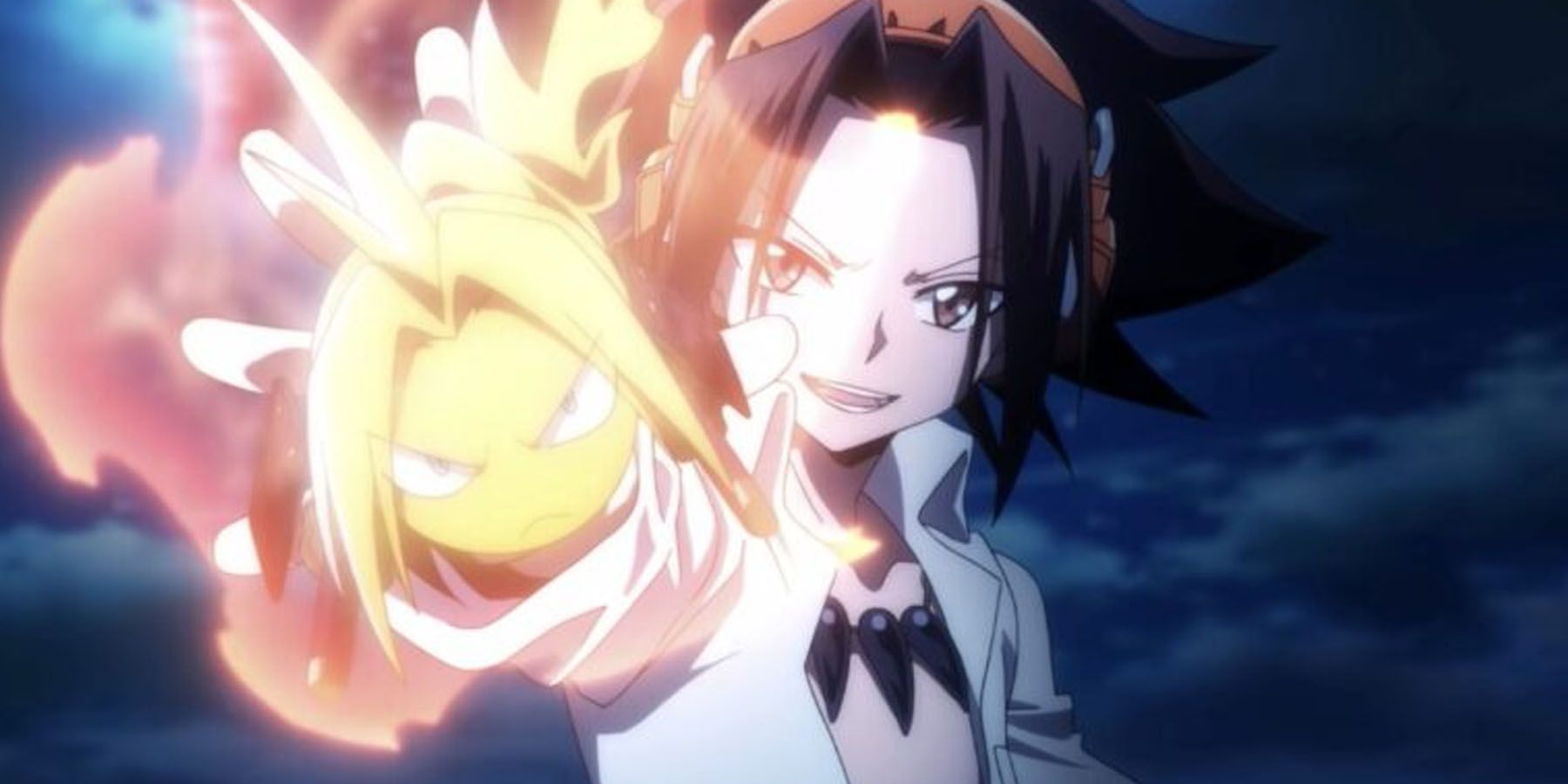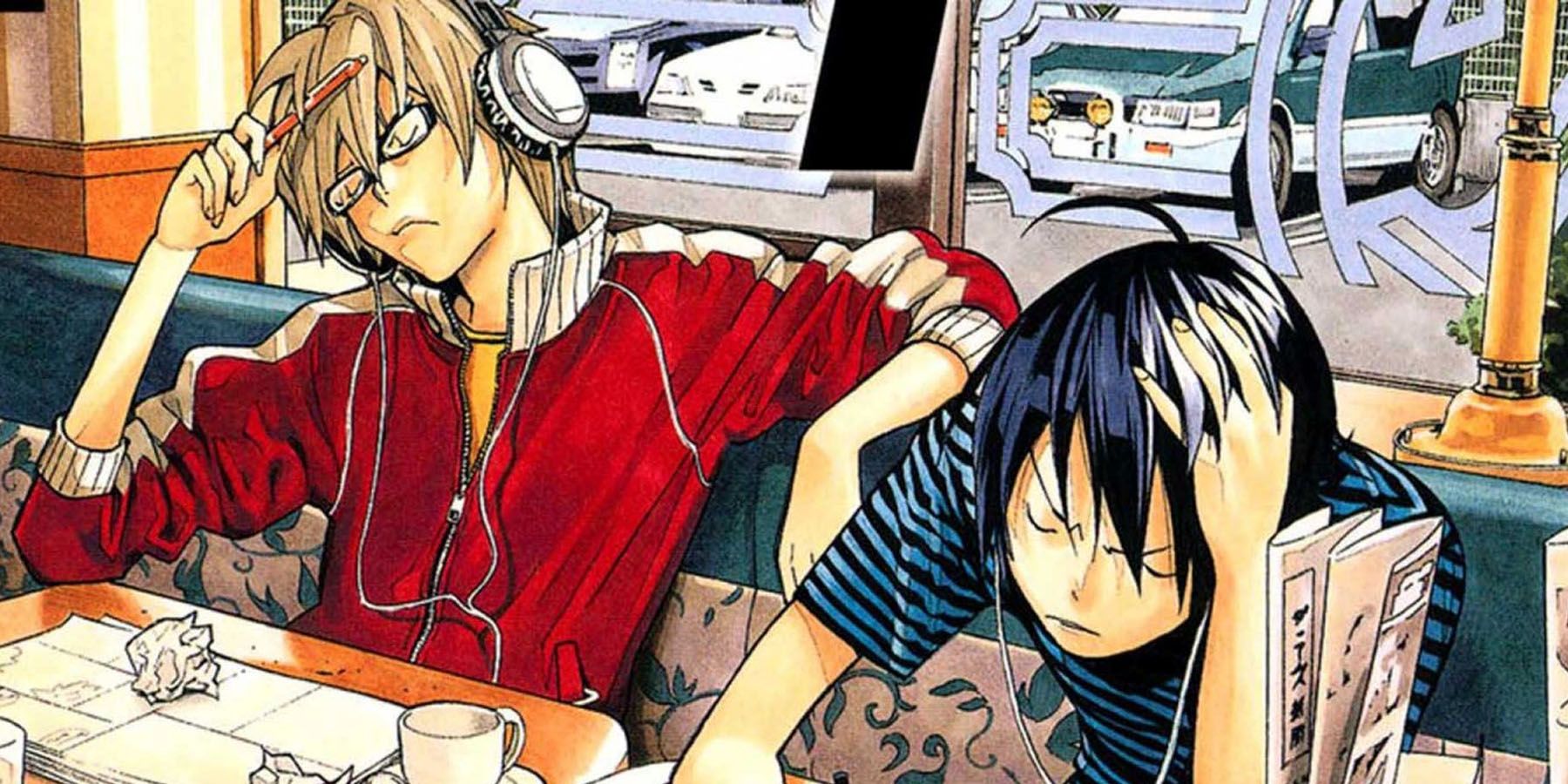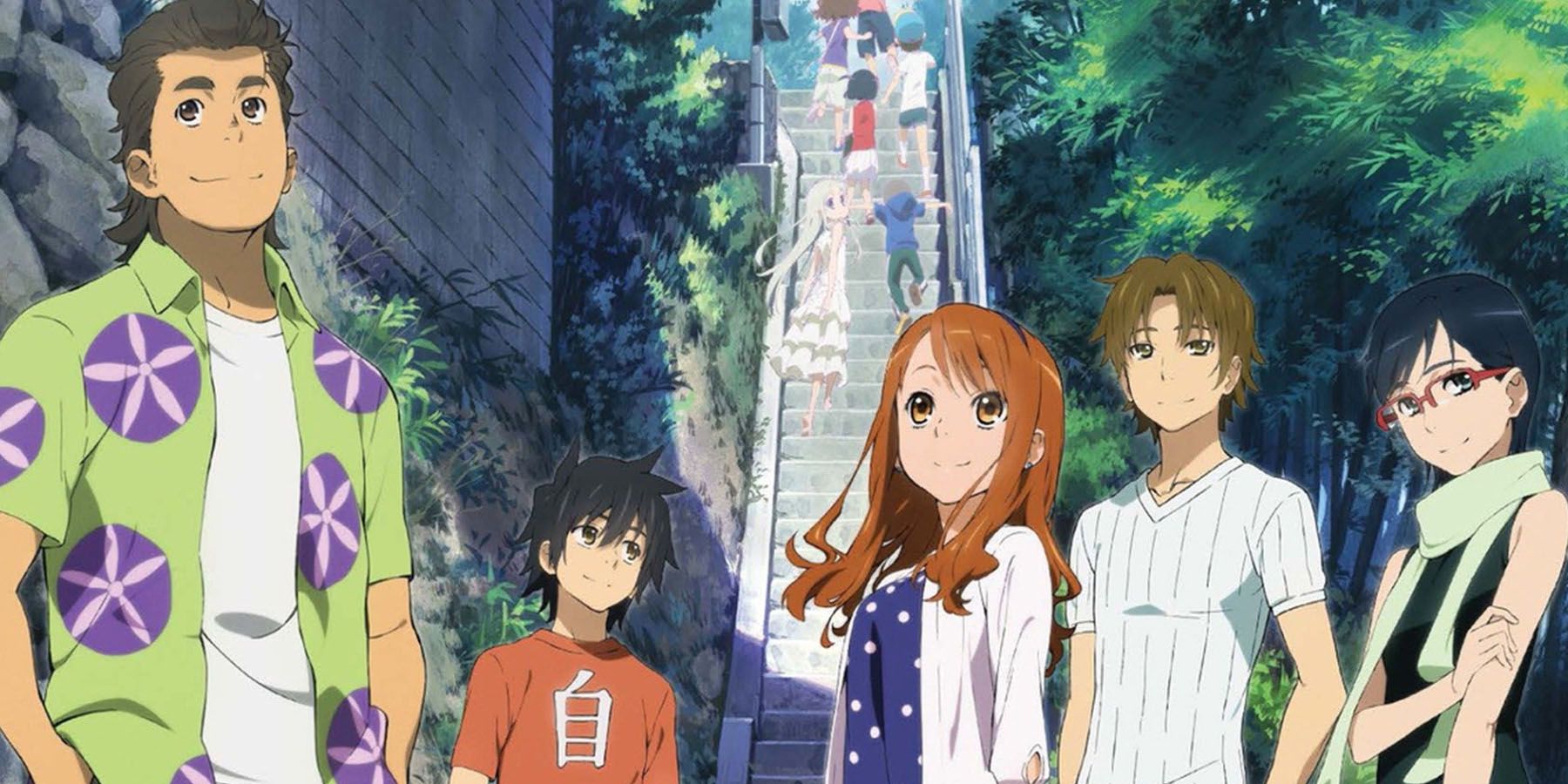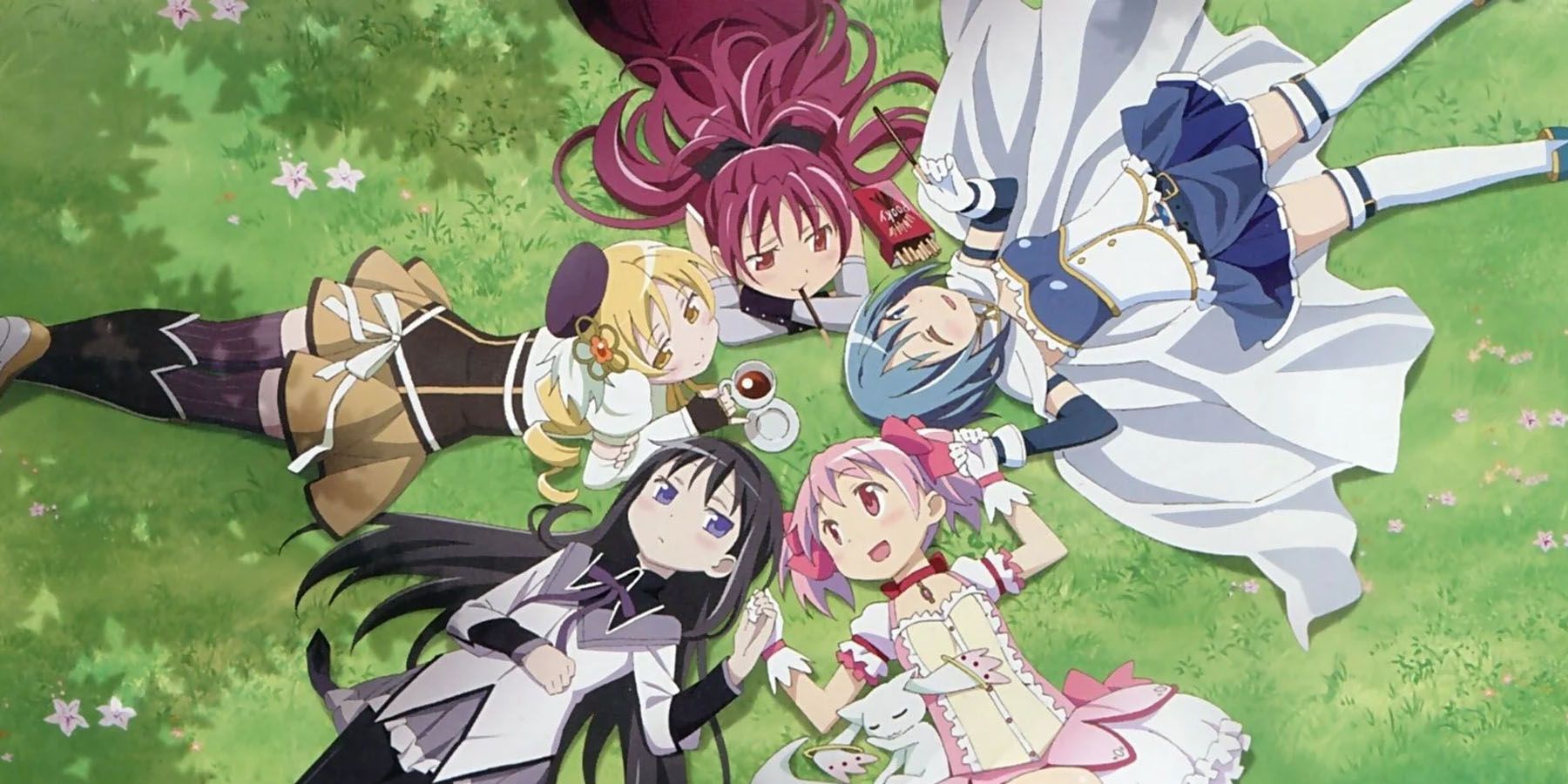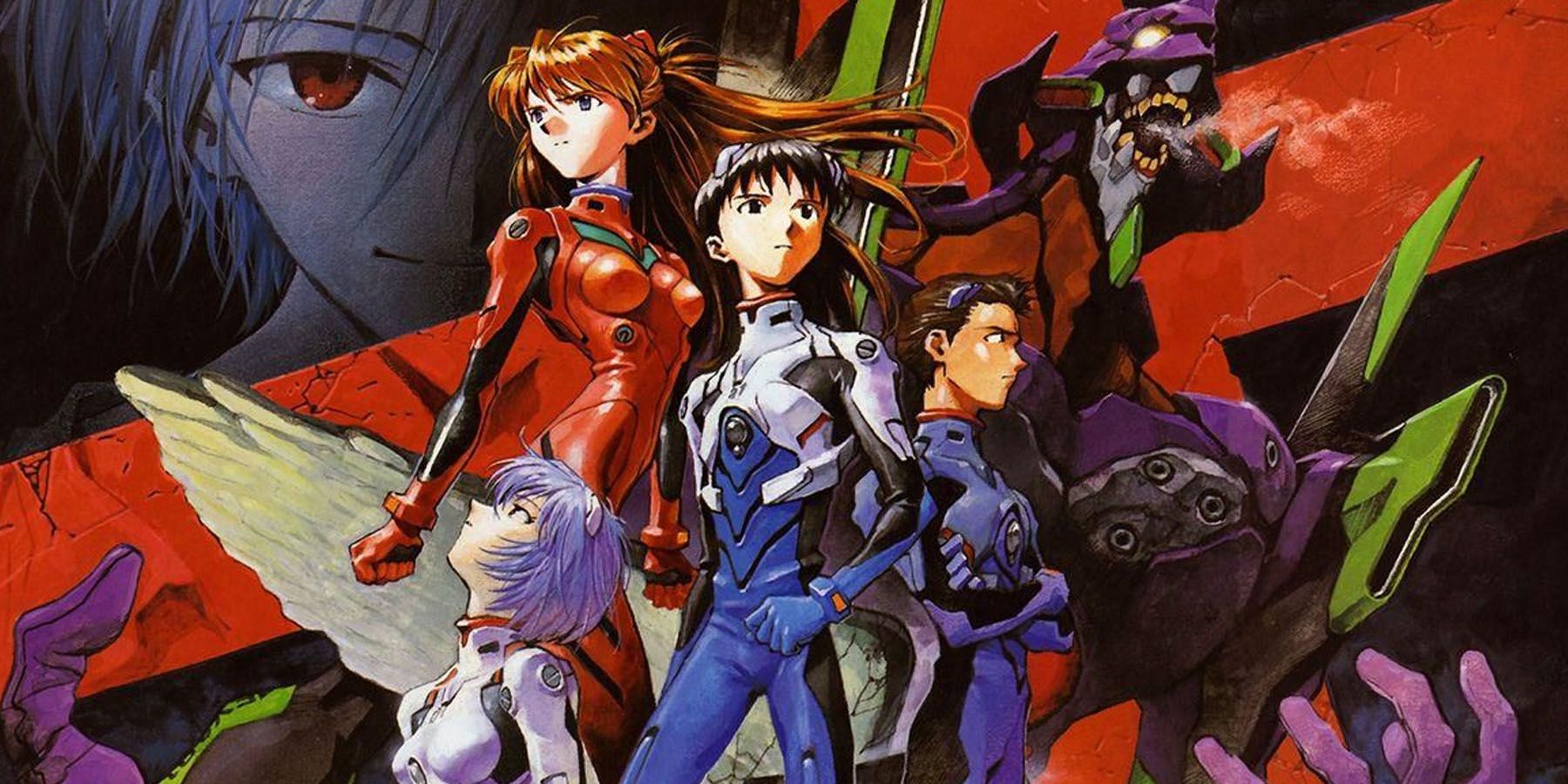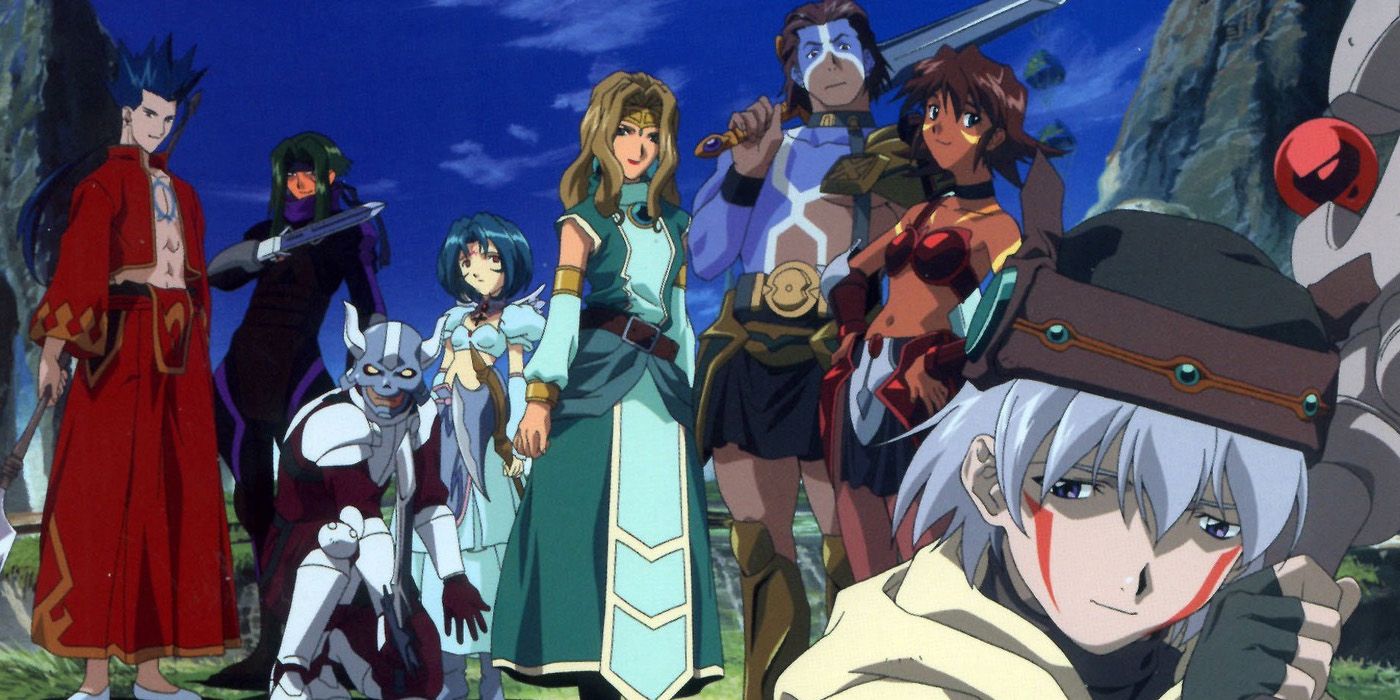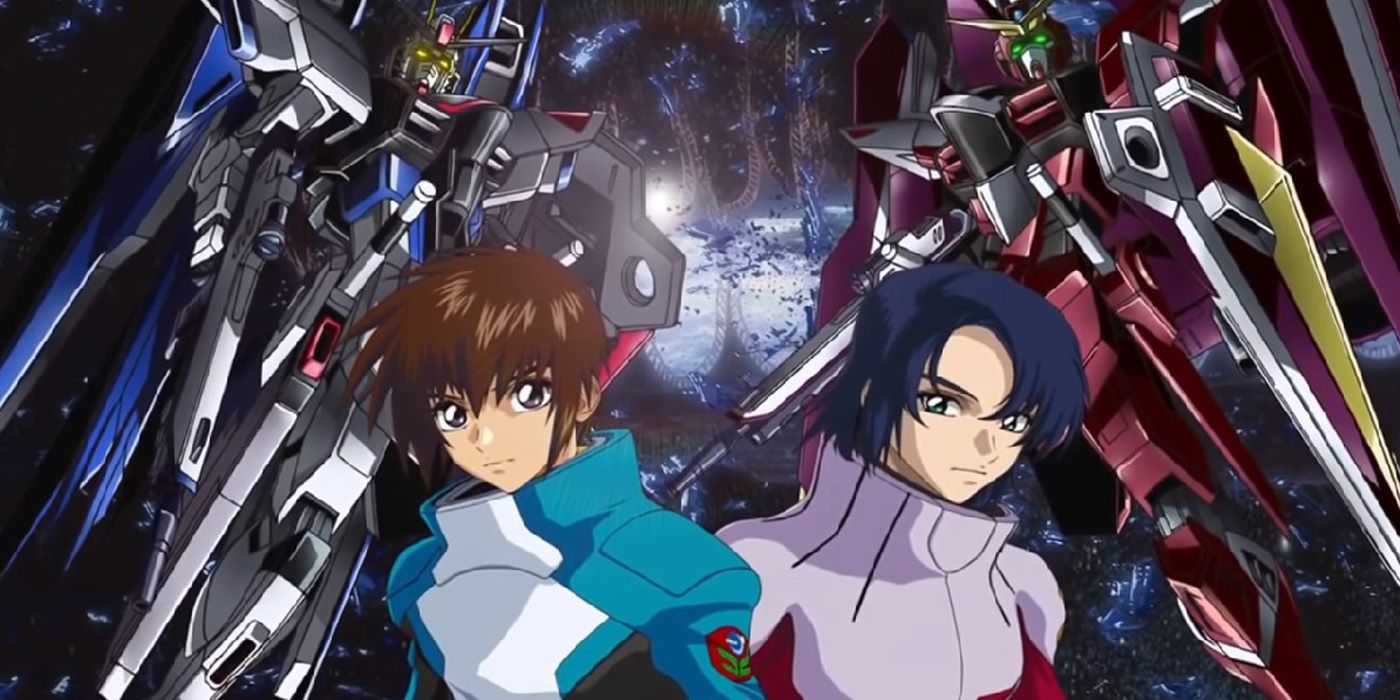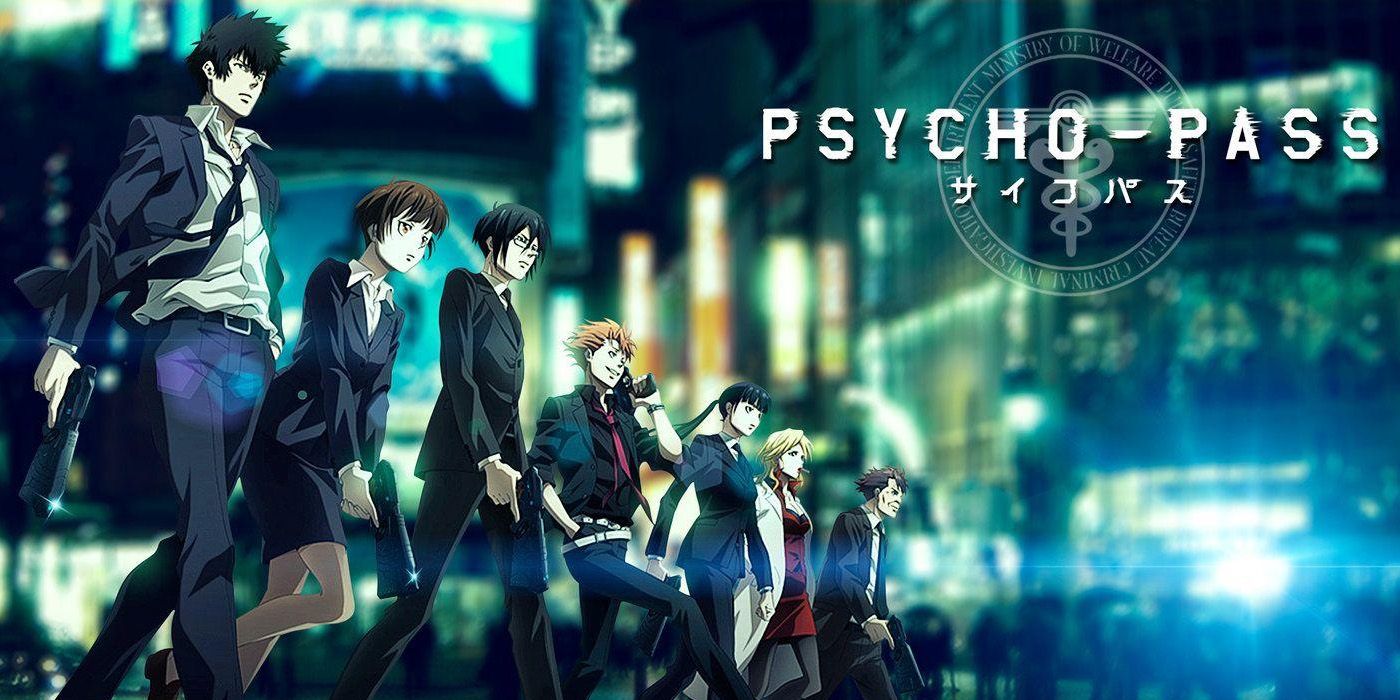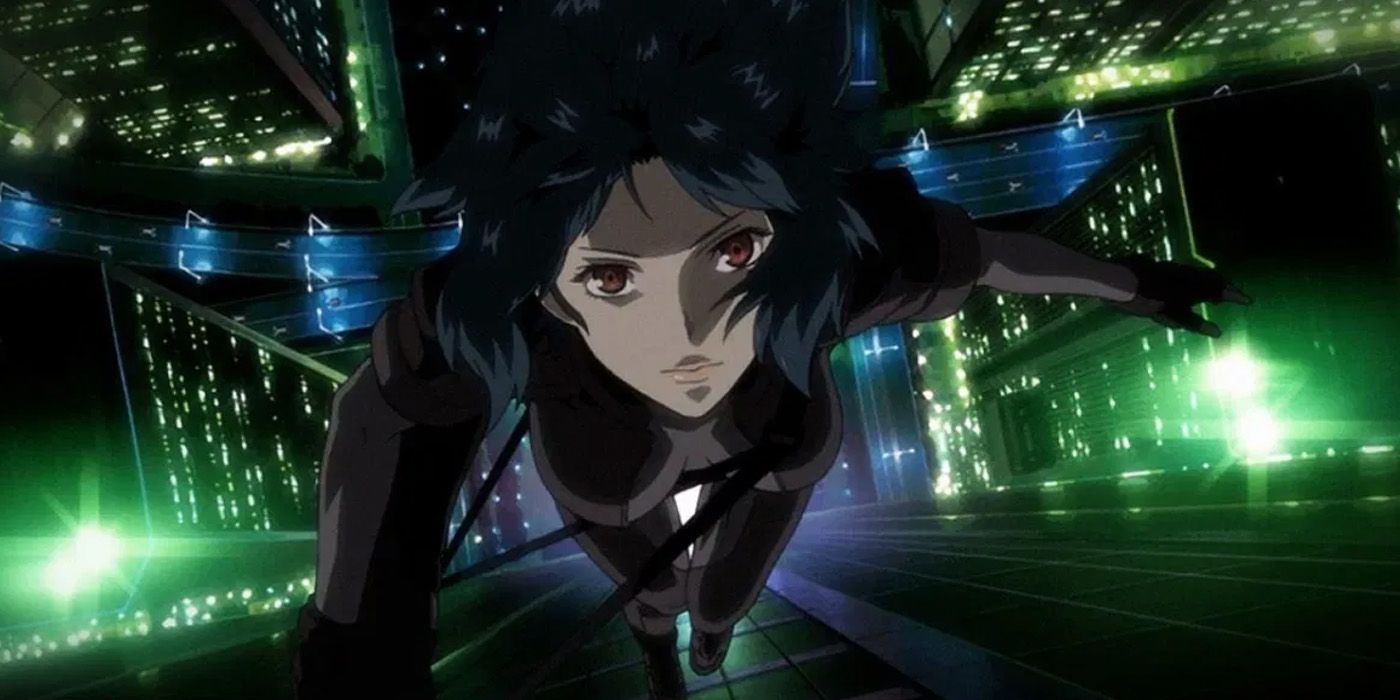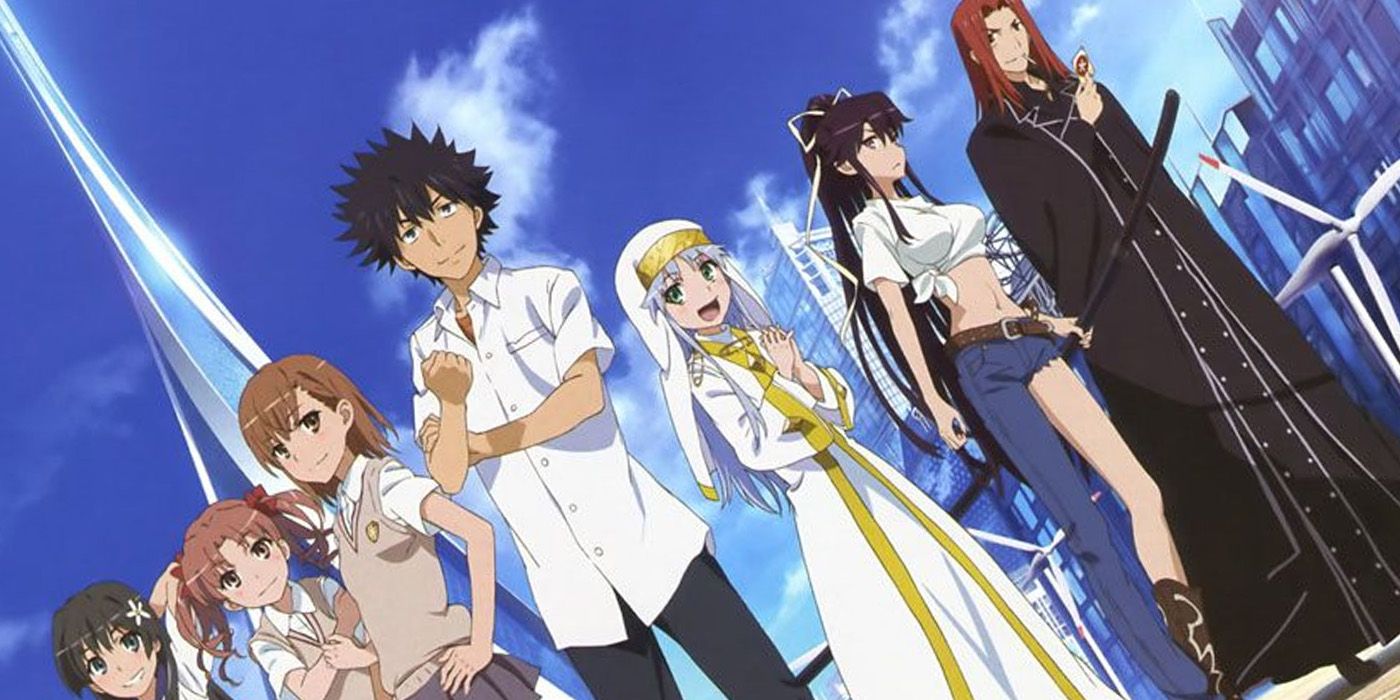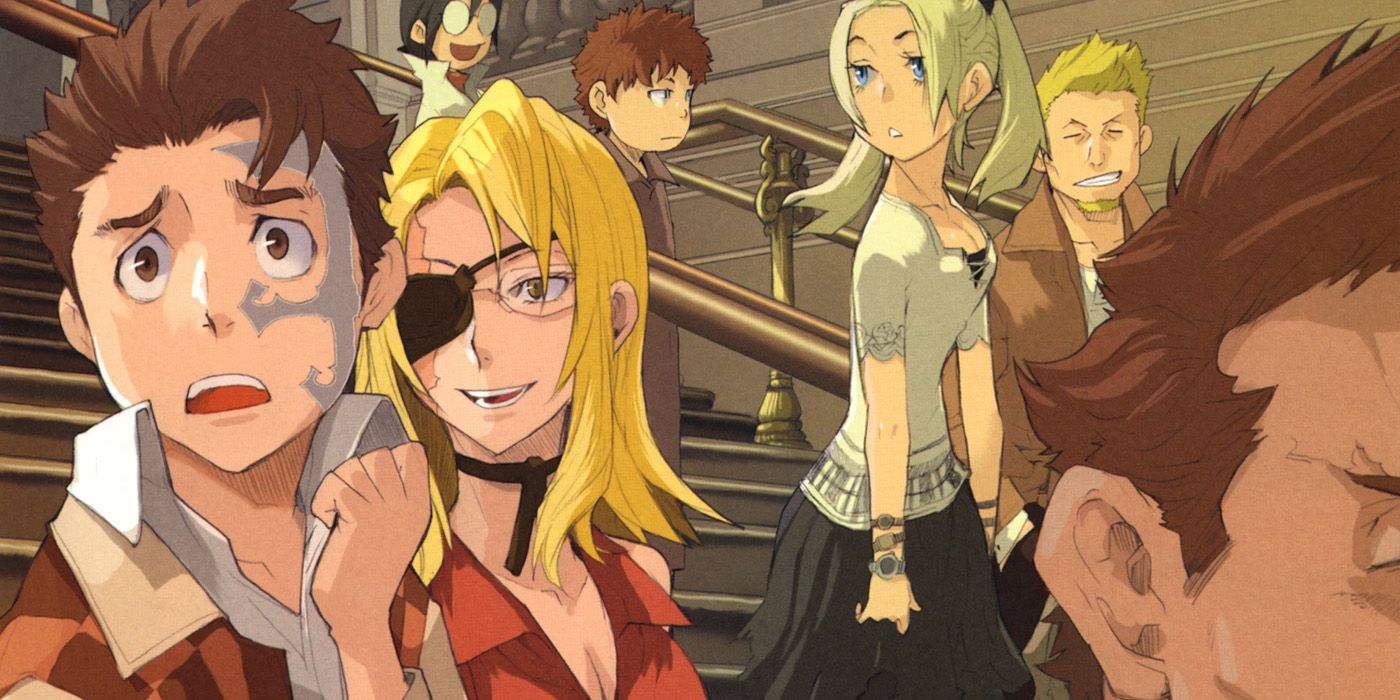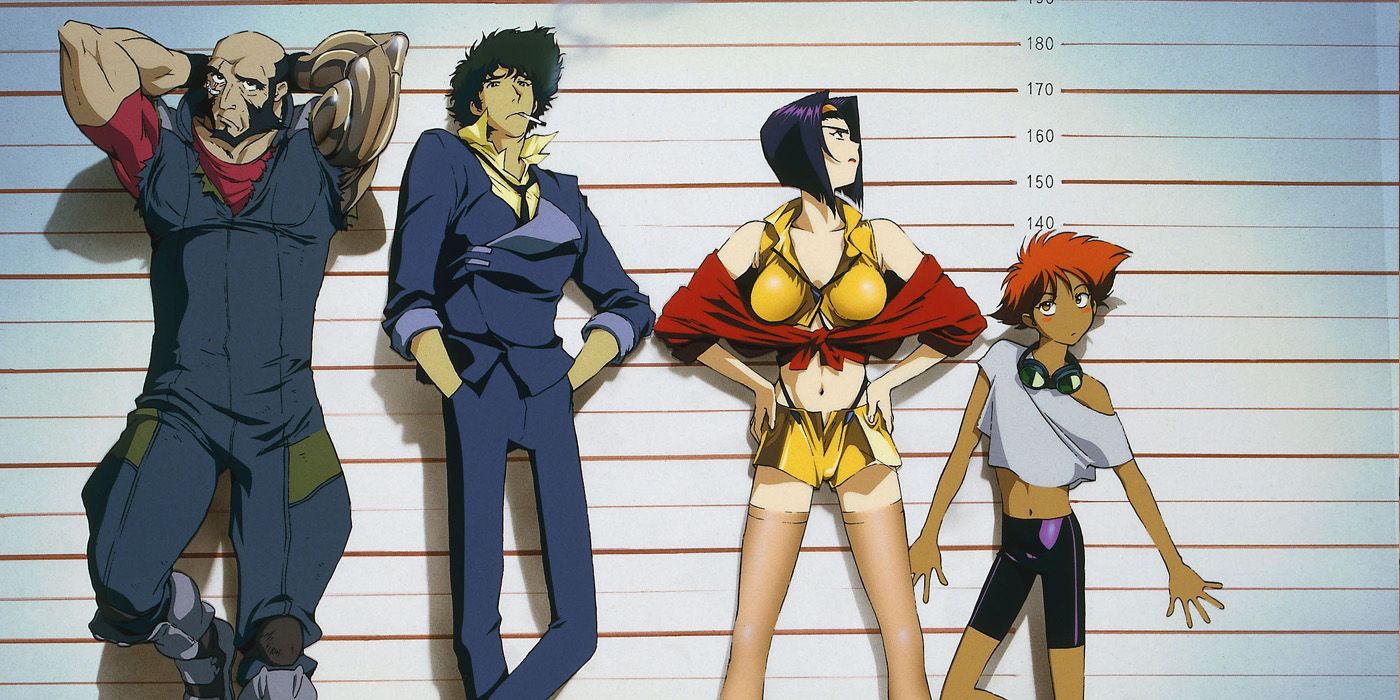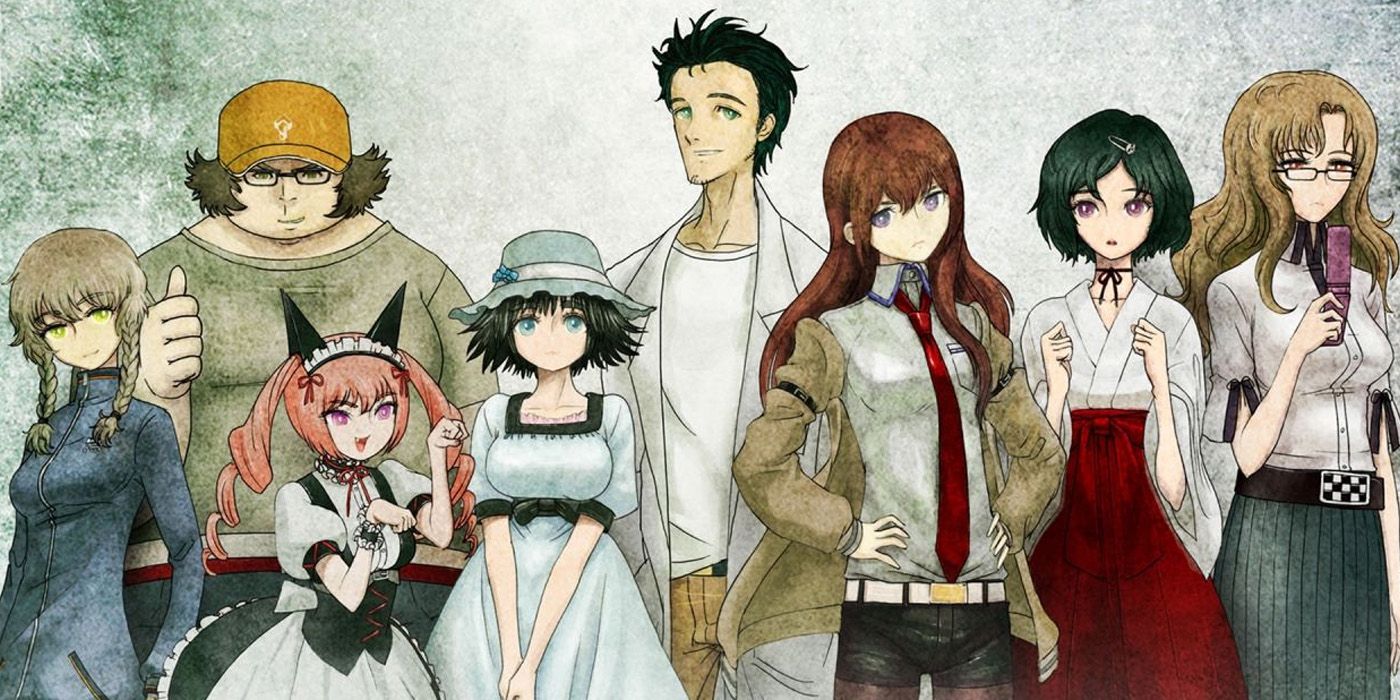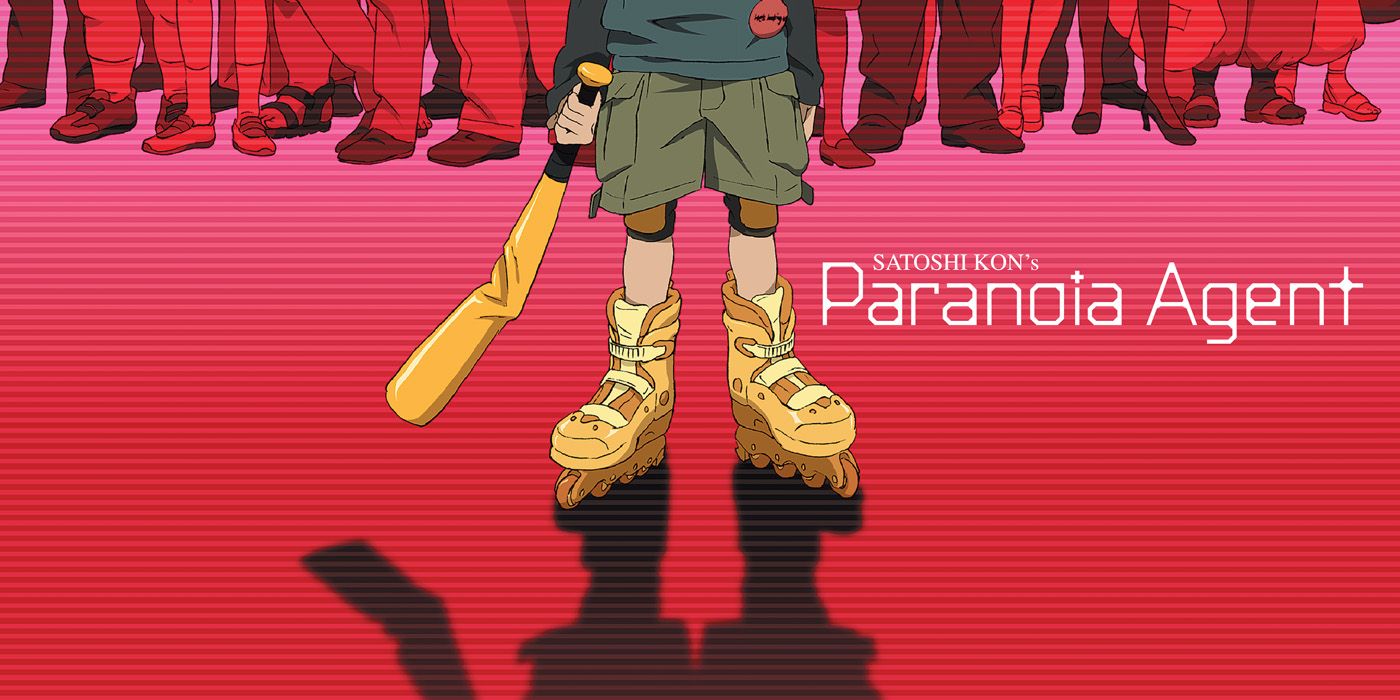Thanks to the so-called Three-Episode Rule, anime fans can more or less gauge the "watch-worthiness" of a series. Essentially, viewers should drop any anime that can't hook them after three episodes. After all, why waste time on an anime that's clearly not getting a viewer's attention?
Thing is, some anime just need a bit more time to cook up their plots and come up with explosive surprises. Moreover, some of the most memorable anime of all time needed a bit of time to set up the stakes before grabbing viewers hook, line, and sinker.
Updated on October 1, 2021, by Rhenn Taguiam: Otaku and anime enthusiasts would understand precisely why some fans coined the “three-episode rule” when it comes to anime. After all, some series may need an initial few episodes to set the scene, lay down the stakes, and ensure that both the audiences and the protagonists understand what they’re pursuing throughout the anime journey.
While others believe that good anime should be able to do the aforementioned things on the get-go, some anime do tend to break convention and follow the three-episode rule. Interestingly enough, certain classics and older anime do tend to rely on exposition in order to arrive at their more explosive reveals.
15 Shaman King (2001 & 2021)
Shaman King tells the story of Yoh Asakura, a shaman who can interact with the spirits of the dead. He currently aims to become the Shaman King, a shaman powerful enough to interface with the Great Spirit, and shape the world in his own image. To do so, Yoh must win the Shaman Fight, a shaman tournament held once every 500 years. Thanks to his spirit Amidamaru and rivals he meets along the way, Yoh will try to achieve his dreams… that is, despite his lax and carefree attitude.
It’s perhaps the familiar shonen premise of Shaman King that can make it appealing to fans on the get-go. Action fans will love Shaman King concepts such as Furyoku, OverSouls, and fusing spirits with weapons. Moreover, the impending tournament and Yoh’s tendency to get into trouble can get fans hooked to his battles with enemies as early as the second episode.
14 Bakuman (2010-2013)
Unlike other slice-of-life stories in anime, Bakuman takes a unique turn and explores the daily life of the very minds behind manga today. Created by Death Note creators Tsugumi Ohba and Takeshi Obata, Bakuman tells the story of mangaka aspirants Moritaka Mashiro (artist) and Akito Takagi (writer) as they try to get into the manga industry as early as ninth grade.
Despite the rather “simple” premise, the personalities of the two protagonists can easily get viewers curious about the lengths they’d go to creating their own beloved manga. Throughout the story, Mashiro and Takagi will continuously create stories that they hope can help them become mangaka stars. And in the process, the duo will experience the same successes and failures popular mangaka experience today. Despite lasting three whopping seasons, Bakuman delivers a consistently memorable plot.
13 Anohana (2011)
For a miniseries lasting 11 episodes, Anohana: The Flower We Saw That Day needs to captivate users with each episode. However, unlike other miniseries that only get the plot going halfway through their run, Anohana starts strong on the get-go. Set in Chichibu, Saitama, the loner Jinta Yadomi begins rekindling his relationship with his friends after being visited by his friend, Meiko “Menma” Honma. Thing is, Menma died in a horrific accident five years ago.
Apparently, Menma needs Jinta’s help to grant her wish before she can fully pass through the afterlife. As a result, Jinta needs to not only help reconcile his feelings with Menma but also convince his friends to help him in the process.
12 Puella Magi Madoka Magica (2011)
When viewers see Puella Magi Madoka Magica and its first episode, it’s reasonable to assume it’s going to be all about magical girls. And it makes sense, as the plot revolves exactly around a group of middle school girls who become magical girls. In the story, Madoka Kaname and her friends enter a contract to protect the world against “witches.”
However, what seems like a simple-enough plot becomes a backdrop of a total subversion of the genre. Unlike carefree magical girls who nonchalantly protect the world, Madoka Magica explores the risks, perils, and sacrifices involved in the contracts they’ve acquired. As early as the second or third episode, Madoka will notice things are amiss in the missions they’ve been getting. And as she explores the true nature of her status as a magical girl, strange things happen to her and her friends as well.
11 Neon Genesis Evangelion (1995-1996)
While Neon Genesis Evangelion indeed plays around the concept of giant mecha fighting monstrous aliens, there’s much more to the story than viewers realize. Created by Hideaki Anno, the series revolves around the organization NERV and their fight against Angels, or extraterrestrial beings that brought Earth to an apocalyptic environment. NERV employs the help of select teenagers to pilot Evangelions, mecha specially designed to combat various kinds of Angels.
Granted, much of Neon Genesis Evangelion revolves around the struggles of protagonist Shinji Ikari as he copes with his responsibility to fight for the world. However, viewers soon notice bigger things in play as the story takes a more philosophical approach to NERV’s mission. After a controversial last few episodes, Evangelion spawned two separate films and another film tetralogy - all serving to tie loose ends and reintroduce new plot points in the story.
10 .hack//Sign (2002-2003)
Fans of Sword Art Online might be surprised to realize that SAO isn't exactly the first franchise to use the "can't log out in an MMO" premise. In .hack//Sign, protagonist Tsukasa finds himself awake in VR MMO The World with no means of logging out. He spends the 26-episode run trying to remember his past. While Sign serves as the first of many .hack works, fans do feel split regarding Sign as a whole.
After all, despite its unique premise at the time, Sign treads on its story at an extremely leisurely pace. It compensates for the lack of action scenes with interesting dialogue and background details. Prospective viewers shouldn't get fooled by its slow pacing though. Everything the anime is showing - from major details to minor information - has something to do with the ending.
9 Mobile Suit Gundam SEED (2002-2003)
It's Gundam SEED that reintroduced the Gundam franchise at the turn of the 21st Century. Set in the Cosmic Era, SEED follows the war between the Earth Alliance and the militarily advanced ZAFT of the space colonies. In an attempt to stop the Alliance's secret G-Project to dominate mobile suit designs, a ZAFT team manages to steal four of its five prototypes.
However, the war takes a new turn when young researcher Kira Yamato manages to pilot the fifth prototype - the Strike Gundam. He's surprised to learn that Athrun Zala, an old friend, is now amongst the ZAFT's numbers.
While its success did spawn a sequel, SEED needs viewers to be patient in its initial 10-or-so episodes. Much of the opening arc involves the Archangel's ridiculously worrisome efforts in evading ZAFT pursuit while Kira struggles to come to terms with his role as Archangel's sudden protector.
8 Psycho-Pass (2012-2014)
The premise of Psycho-Pass itself should be enough to sell newcomers into the anime. Essentially, the cyberpunk anime takes place in an alternate Japan where the mysterious Sybil System "stops" crime by mandating the monitoring and management of the mental states of its citizens.
Throughout the 22-episode anime, viewers explore rookie Akane Tsunemori and her experiences with the Public Safety Bureau. Each episode tackles individual cases of potential criminality, and how the Bureau needs to stop any impending violence. Fans who aren't satisfied with the anime's "typical dark-toned dystopia" premise might accidentally drop it for holding out on the story in place of a couple of case procedural episodes.
However, the series does eventually unravel a larger conspiracy that will arise from these seemingly unrelated cases.
7 Ghost In The Shell: Stand Alone Complex (2002-2005)
Cyberpunk fans will be surprised that Ghost in the Shell: Stand Alone Complex throws them smack in the middle of Public Security Section 9 and its dealings in futuristic Japan. Major Motoko Kusanagi and Section 9 are tasked with investigating corruption within the government. Its cases will slowly unfold into a grand conspiracy involving cyborgs, prostheses, and how "humanity" changed alongside these developments.
Fans not used to a hard drama approach would think twice to proceed with SAC's 52-episode run. Most episodes tackle individual cases, with tiny details evolving into grander concepts - as though viewers are investigating alongside the Major. Viewers will have to "go with the flow" of SAC's rather slow pacing to fully appreciate its evolving story.
6 A Certain Magical Index (2008-2019)
When it comes to premises alone, A Certain Magical Index will immediately grab attention. After all, the 74-episode series tackles a secret war between science-based power users called Espers and magic users called Sorcerers.
Toma Kamijo, an Esper seemingly without an ability, gets thrust in the middle of this war after meeting a nun named Index. Somehow, this young nun contains an archive of more than 100,000 forbidden magical books.
Despite its explosive action and occasional fanservice, Index initially struggled to get out of the "ordinary boy meets magical girl" archetype. However, it's by the fifth or so episode that the anime starts unraveling some of its key players and the things at stake in this grand conflict.
5 Baccano! (2006-2008)
Exploring immortality in itself can be quite an interesting premise - but unfortunately, Baccano! strikes a gamble with its rather scattered pacing that can be a bit off-putting to some fans. In its 22 episodes, Baccano! explores the lives of people across various timeframes - notably during the Prohibition Era after a group of people stumble upon an elixir of immortality.
Granted, it has quite stunning visuals and an enticing musical score for its time. However, viewers who don't feel an immediate connection with its colorful cast of mafioso, thugs, thieves, and alchemists might not stick with it for too long. However, fans might realize that the rather different lives of these individuals will soon converge in a wild plot that gives a new take on immortality stories.
4 Cowboy Bebop (1998)
Despite having somewhat of a popular following, Cowboy Bebop might not immediately appeal to the regular viewer. After all, the 1998 sci-fi anime has elements of noir and western films. Essentially, Cowboy Bebop tells the story of former hitman Spike Spiegel and his hastily assembled crew as they try to earn income through usual mercenary work. At first, this screams space explosions and chasing criminals, right? However, viewers might be surprised how emotionally-driven cases become on the get-go.
Its episodes more or less tackle past trauma, loneliness, and pasts haunting the very people trying to escape them. This is evident in the first few episodes alone, which might turn off unexpecting viewers. However, those not particularly fond of sci-fi drama might appreciate the intensity of Cowboy Bebop's story as its plot evolves.
3 Your Lie In April (2014)
Granted, Your Lie In April touts one of the most captivating first opening songs of an anime in its season - perhaps ever. However, its music drama nature might not immediately appeal to some. The anime tells the story of Arima Kosei, a piano prodigy that lost interest in playing the piano. Somehow, the presence of outgoing violinist Kaori will slowly bring Arima back to his passion.
Despite praise for its animation, storyline, and soundtrack, Your Lie In April won't immediately grasp the interest of viewers unless they're already prepared for a drama series. However, those willing to watch until the end will see quite a riveting tale of friendship, passion, and overcoming trauma.
2 Steins;Gate (2011)
Time travel has always been an interesting concept in science fiction, and Steins;Gate amps that up to 11. That is unless viewers patiently wait for self-proclaimed Mad Scientist Okabe Rintaro to introduce the viewers to his rather odd set of friends. However, if viewers do reach the turning point of the anime, Okabe will discover "time travel" and see the consequences of even the most innocent tampering of a timeline.
Viewers shouldn't let the rather big concepts early in the episodes get to them. Likewise, the presence of cosplayers, a "suppa hakka" and Okabe's odd friends will find a way to coincide with the rest of the story. Should a viewer find Steins;Gate's first couple of episodes unappealing, the appearance of a banana in the show will mark the beginning of its more suspenseful moments.
1 Paranoia Agent (2004)
Fans of late Satoshi Kon know him best for his exploration of the psyche in works such as Perfect Blue, Millennium Actress, and Paprika. However, Kon also gives viewers another unique perspective to ponder upon with Paranoia Agent. Despite its short run, it takes a bit of a slow burn for viewers to see the full picture.
In the 13-episode anime, Musashino, Tokyo becomes the hotspot of a brutal juvenile assailant dubbed the Lil' Slugger. Each episode explores a character and their experience with the young attacker. Some of these characters end up investigating him, while others become his victims. Viewers who sit through until the end may get a unique perspective on guilt, fame, and the nature of social phenomena.

